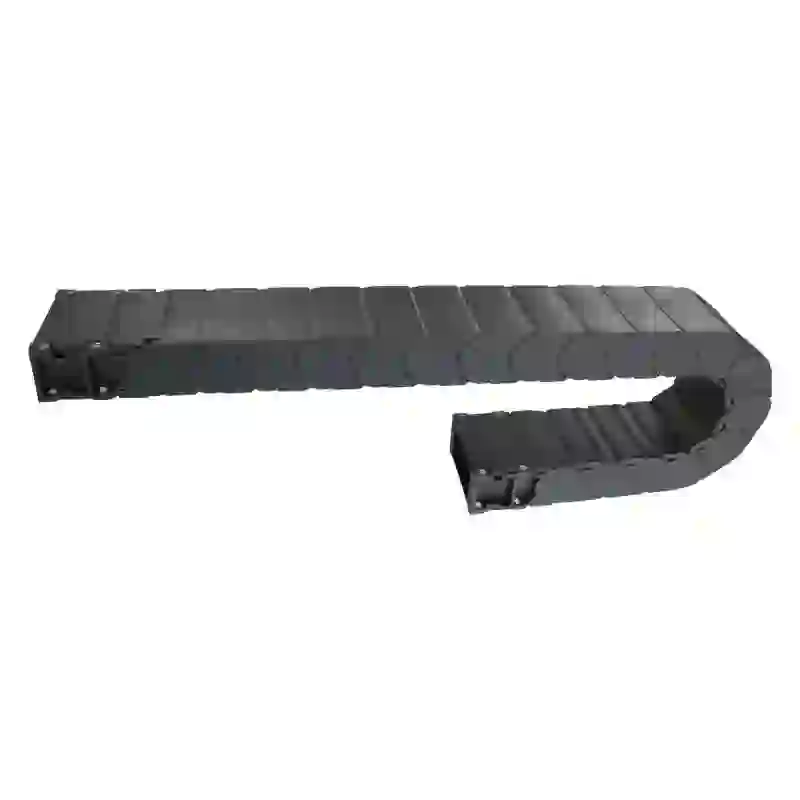Wood Chip Conveyor System for Efficient Material Handling Solutions
The Role of Wood Chip Conveyors in the Lumber Industry
In the modern lumber and biomass industries, efficiency and automation are crucial for maximizing productivity and minimizing waste. Among the various systems employed to streamline operations, wood chip conveyors have emerged as an essential component. These conveyors serve a vital role in transporting wood chips from one point to another within production facilities, ensuring that the flow of materials is as seamless as possible.
Wood chip conveyors are designed specifically for handling wood chips, which can vary greatly in size, moisture content, and density. Unlike traditional bulk conveyors, these systems are tailored to cope with the unique properties of wood chips. They can manage diverse load capacities and adapt to various operational demands. This customization allows facilities to optimize their material handling processes, leading to increased efficiency and reduced operational costs.
There are several types of wood chip conveyors, each serving different functions and addressing specific challenges within the lumber industry. The most common types include belt conveyors, screw conveyors, and pneumatic conveyors. Each of these systems has its advantages and is best suited for particular applications.
Belt Conveyors are perhaps the most widely used type of wood chip conveyor. They consist of a continuous loop of material that transports the wood chips from one location to another. Their versatility, ease of maintenance, and ability to handle varying capacities make them ideal for transporting wood chips over short and long distances. Additionally, belt conveyors can be configured to navigate around obstacles and can operate at various inclines, which is beneficial when space is limited.
wood chip conveyor

Screw Conveyors offer another effective solution for transporting wood chips, particularly in situations requiring a more compact design. The mechanism consists of a rotating screw within a stationary casing, pushing the wood chips along the conveyor. This type is advantageous when dealing with elevated transportation needs or in enclosed spaces. Screw conveyors can also be used to mix wood chips with other materials, further enhancing operational efficiency.
Pneumatic Conveyors utilize air pressure to transport wood chips through a series of tubes. This system minimizes the risk of spillage and is a preferred option when dealing with fine or dry wood chips that might clog or damage other conveyor systems. Pneumatic conveyors allow for flexible routing and are beneficial in facilitating transfer across complex layouts.
In addition to efficient material handling, wood chip conveyors contribute to enhancing workplace safety. By automating the transportation of wood chips, the potential for human error decreases, resulting in fewer workplace accidents. Furthermore, a well-managed conveyor system can aid in controlling dust and particulate matter generated during wood chip handling, which is critical for maintaining a safe working environment.
Another significant benefit of wood chip conveyors is their role in supporting sustainability efforts within the lumber industry. Efficient handling and transportation minimize waste, reduce energy consumption, and lower the overall environmental impact of wood processing operations. As industries increasingly emphasize eco-friendly practices, the adoption of specialized conveyors becomes pivotal in meeting sustainability goals.
In conclusion, wood chip conveyors are instrumental in the efficient operation of the lumber and biomass industries. By facilitating the movement of wood chips, these systems enhance productivity, improve workplace safety, and support environmental sustainability. As technology advances, we can expect further innovations in conveyor systems, making them even more efficient and integral to wood processing operations. Ultimately, investing in quality wood chip conveyors represents a strategic move for companies aiming to thrive in a competitive market while prioritizing efficiency and sustainability.








